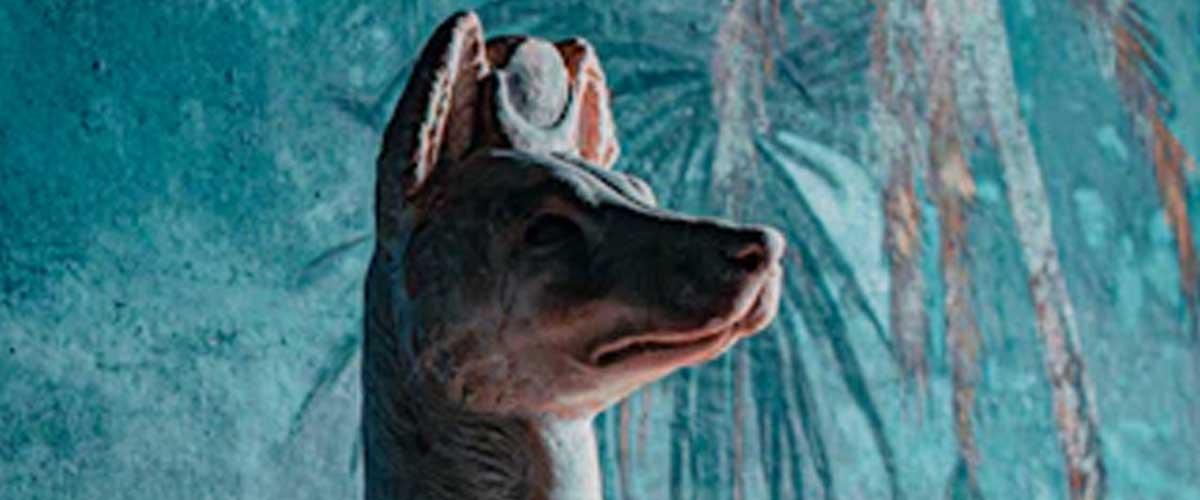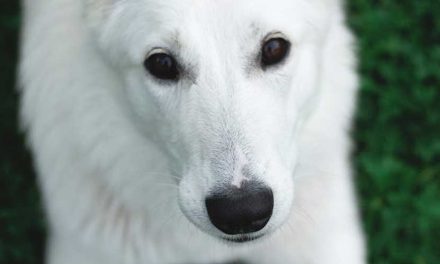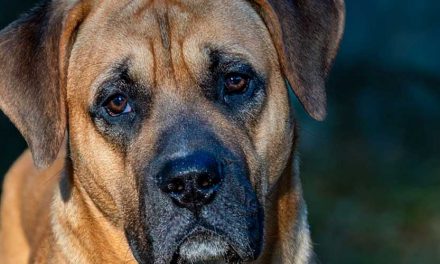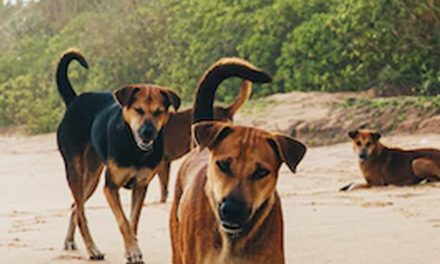Dogs have held a special place in the hearts of humans across various cultures and eras, but their significance in Ancient Egypt is particularly noteworthy.
In this intriguing civilization, dogs were more than just pets; they were revered companions, guardians, and symbols of loyalty.
The multifaceted role of dogs in Ancient Egypt can be explored through their presence in art, mythology, and daily life.
Canine Companionship
One of the most significant aspects of the relationship between dogs and Ancient Egyptians was their companionship.
Dogs were often depicted alongside their owners in tomb paintings and sculptures, serving as a testament to the bond shared between humans and their canine friends.
Homes across ancient Egyptian towns commonly housed dogs, which were treated with love and care.
This camaraderie was exemplified through burial practices, where dogs were often mummified and buried alongside their owners.
Such practices underscore the belief that dogs played an essential role in the afterlife, offering companionship and protection even after death.
Dogs of Egypt
The Ancient Egyptians recognized various breeds of dogs, with the most notable being the Basenji and the Egyptian Mastiff.
These dogs were valued for their unique traits and served different purposes.
The Basenji, known for its hunting prowess and barkless communication, was highly sought after by hunters and was often used in the fields to chase game.
Meanwhile, the Egyptian Mastiff was a larger, more muscular breed, primarily used as a watchdog and guard dog.
Working Dogs
The utility of these breeds in hunting and protection reflects the practical significance of dogs, making them integral to the daily lives of Egyptians.
Beyond practicality, dogs also held a symbolic and religious place in Ancient Egyptian society.
The goddess Ma’at, who represented truth and justice, was often depicted with a dog or a jackal, highlighting the sacred association between these animals and the divine.
More prominently, the underworld deity Anubis, depicted as a jackal or a man with a jackal’s head, signified the role of dogs in funerary practices.
Canine Gods
Anubis was believed to protect the dead and guide souls through the afterlife, further elevating the status of dogs in Ancient Egyptian culture.
The reverence shown towards dogs often extended to laws protecting them.
There are accounts suggesting that harming a dog carried severe penalties, reflecting the high regard in which these animals were held.
This protective stance contributed to the perception of dogs as loyal guardians, not just in life but also in the realm of the afterlife.
Family Dogs
Dogs also contributed to the social fabric of Ancient Egyptian life.
They often participated in family activities, and their nurturing qualities made them important to families, especially those with children.
It wasn’t uncommon to see depictions of children playing with dogs, illustrating the integral role these animals played in family dynamics.
Furthermore, dogs were sometimes trained for specific tasks, including herding and hunting, showcasing their versatility and adaptability in fulfilling various roles within society.
As Ancient Egypt gradually transformed throughout its history, so too did the perceptions of dogs.
They transitioned from primarily functional animals to cherished companions with a prominent place in household life.
This evolution highlighted the respect and love that Ancient Egyptians had for their canine friends—a sentiment that still resonates with dog owners today.
In Summary
Dogs were not merely pets in Ancient Egypt; they were multifaceted beings woven into the very fabric of society.
Their roles ranged from pragmatic to spiritual, reflecting their significance across various aspects of life and death.
As companions, protectors, and symbols of fidelity, dogs occupied a cherished position in the hearts of Ancient Egyptians, illuminating the age-old bond between humans and their canine companions.
Their legacy continues to endure, reminding us of the deep connections we share with our furry friends throughout history.









